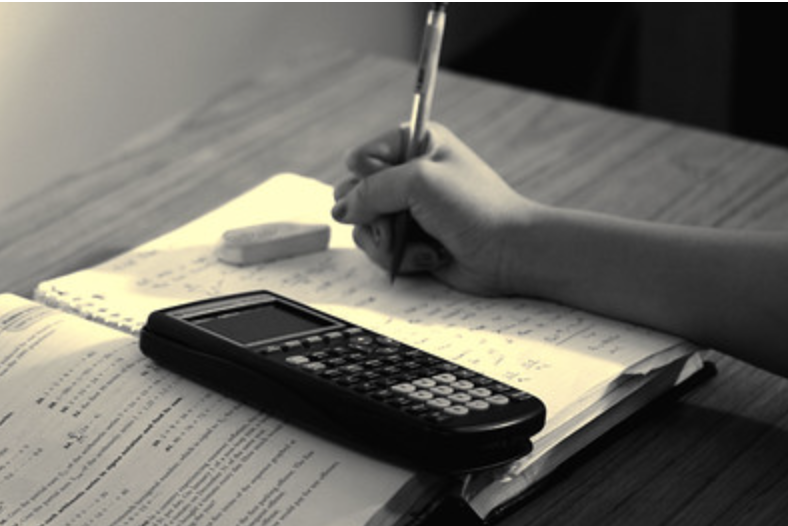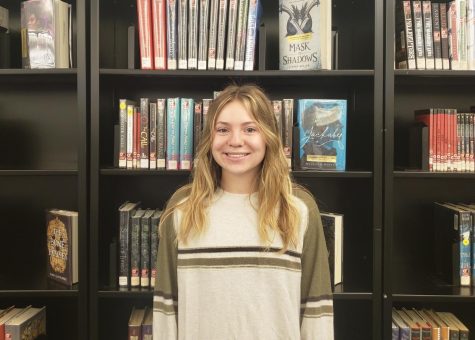Work Smarter, Not Harder: The Science Behind Being a Better Student
September 27, 2022
As students progress through primary and secondary school, the amount of homework assigned starts to grow exponentially, but the time allotted to it does not. In order to succeed in higher education, studies by numerous scientists have proven it extremely beneficial to establish skills that allow students to be more productive with their time, while also cutting back on the work itself. This mantra is of course known as ‘Work Smarter, Not Harder’, and it can be supported through several methods.
To start, it is suggested that all students learn how to study school materials through a technique known as ‘active studying’. Observations attest that simply reading or re-reading materials before a test is not an effective method for true comprehension. While reading is an important step towards learning, unless one cements the skills some other way, it can lead to quick forgetting.
Active studying, a more successful strategy, has been coined as “the process of constructing meaning from text that involves making connections to lectures, forming examples, and regulating one’s own learning”. Students can apply this method by making thorough study guides, self-quizzes, concept maps and ‘becoming the teacher’. All these techniques allow students to be fully enthralled in the task at hand, which can increase not only test scores but also productiveness.
After interviewing several Glenbard South Students, such as juniors Lorenza Foster-Simbulan and Allie Mizwicki, it was found that a widely successful method of studying is making flashcards on the app Quizlet. Quizlet allows students to take practice tests, participate in matching games, and promotes subject repetition.
Another way to make one’s study sessions more fruitful is to establish a schedule. Many students probably find it relatable to have many clubs, sports and other activities after school, so it is important to use time wisely. In order to impede procrastination and promote productivity, it is cardinal to value every free moment. Consider spacing out assignments so that they do not pile up all at once.
In a survey to several GBS students, Tia Knuth revealed that studying in small bits and not cramming helped her keep a high grade point average. She even suggested redoing worksheets and making study guides to help herself retain the information.
Alternatively, one should study for each class for short periods of time, multiple times a week. Shorter study sessions for each class have been shown to help maintain focus and encourage better retention of information. On the other hand, studying for long chunks of time without breaks can lead to brain fog and cause problems with concentration.
However, despite having short sessions, it is crucial that the time is spent intensively studying. It is beneficial to minimize distractions by staying off social media, putting one’s phone away, and setting timers to track progress.
That being said, students should remember that their studying environment is extremely significant to their learning. Students should aim to find a setting that fits all their needs; whether that is the quiet of a library, the peace of one’s bedroom, or the ambiance of a cafe with friends. It is also suggested that students switch up these surroundings every once in a while in order to keep the mind captivated.
All in all, students must realize that studying is not about spending hours upon hours in an eerie silence, but rather finding an active method of learning and the proper environment. Studying should be fun and rewarding instead of grueling. And if students wish to transform not only their grades but also their mindsets, they need not look further than this very article!































